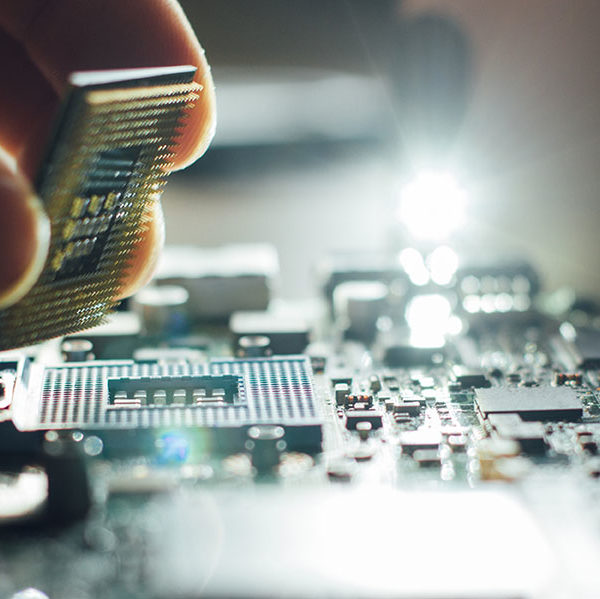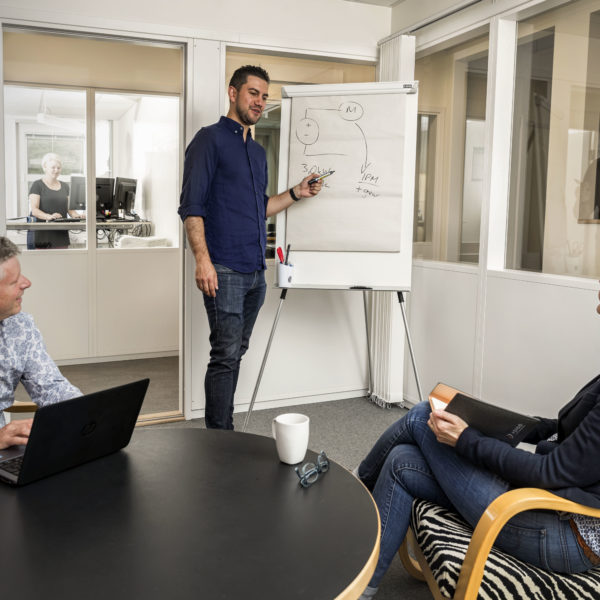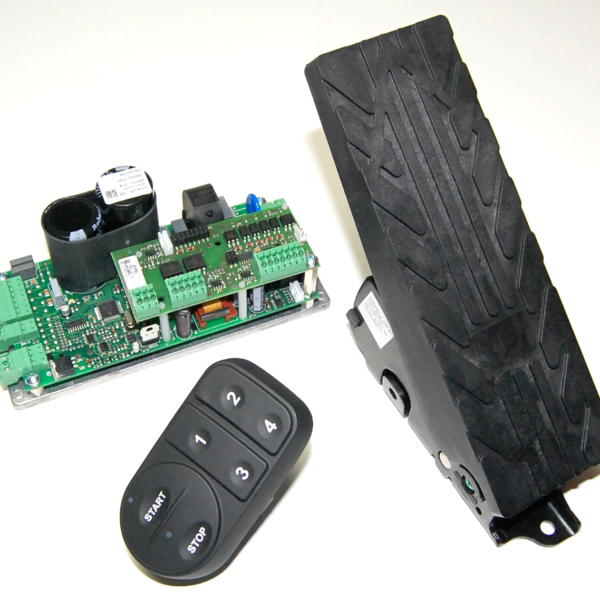Adigo consists of a team of specialists with exceptional skills in electromechanical solutions. HMI components, electric ac and dc motors, gearboxes, ac-compressors and motor control electronics are some of the solutions we work with. Our broad competence and long experience with delivering both unique, customized and standardized solutions has resulted in a big client base within areas such as material handling, utility vehicles, automotive and medical technology. Regardless of the area, we always manage to find the best solution for your business.



